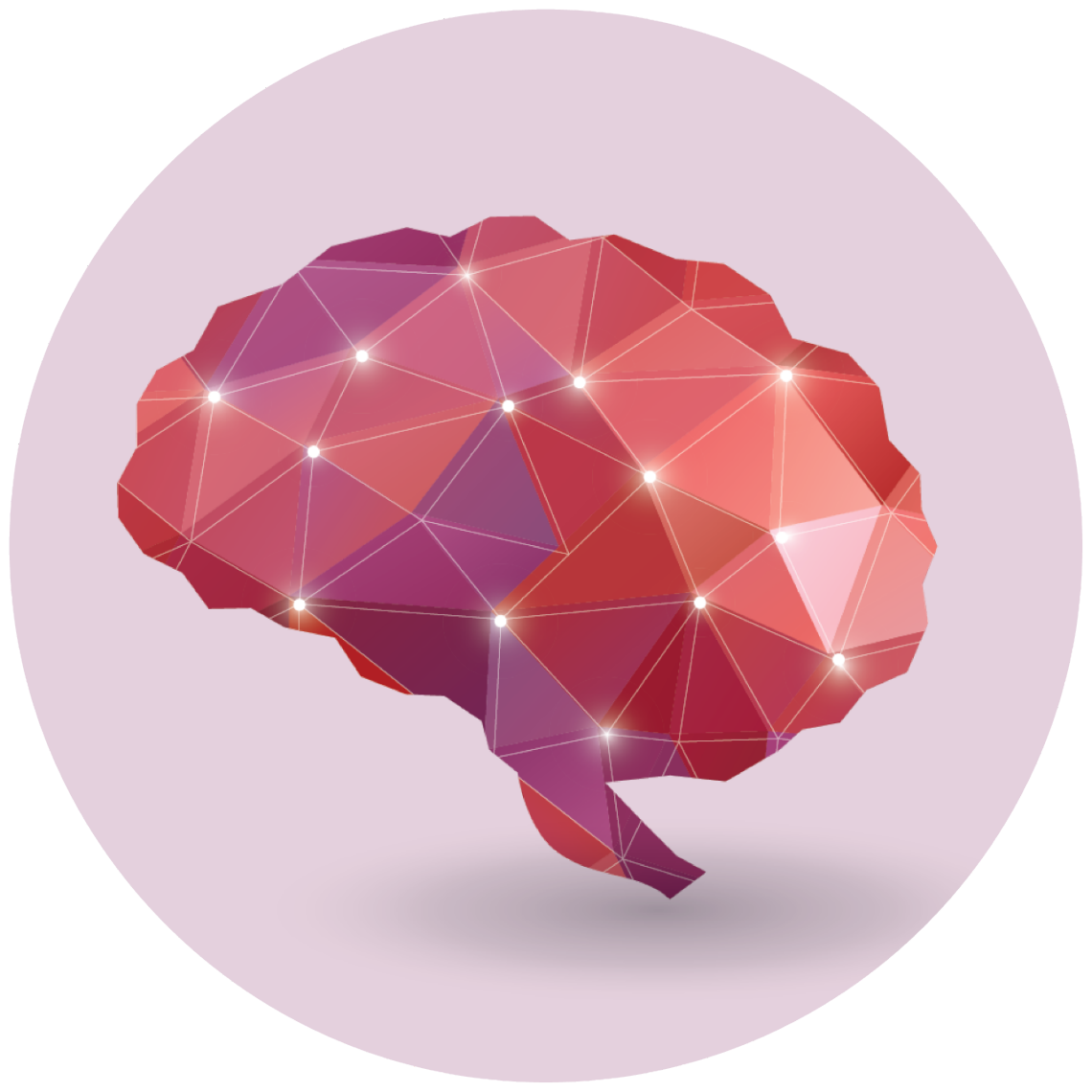AARP Hearing Center


Would you want to know you have Alzheimer’s disease years before symptoms of memory loss and confusion set in? An expert committee says that’s now possible. According to their new criteria, published last June, a doctor can diagnose the disease purely from the results of a brain scan, a spinal tap or a simple blood test.
Like cancer, diabetes and other illnesses that are routinely detected by biological markers in people with no symptoms, Alzheimer’s can be traced to an abnormal buildup of two proteins — amyloid and tau — well in advance of any changes in memory, personality or behavior that might emerge years later.
But just because it’s possible to detect those markers of Alzheimer’s, does it make sense to do so? And what does this label mean for a person who may or may not ever experience symptoms at a time when few treatment options exist?
Earlier diagnosis doesn’t guarantee better outcomes
First, some context: The new diagnostic criteria are not surprising. They come on the heels of two milestones — the availability of new drugs approved by the Food and Drug Administration as disease-slowing treatments, and research showing that new blood tests are reliable, which expands the options for diagnosing the disease. Blood tests are much cheaper and easier to administer than brain scans or cerebrospinal fluid analyses, and can detect disease biology about as well. In fact, blood tests can identify people with early-stage Alzheimer’s more accurately than standard evaluations by primary care physicians and even dementia specialists.
A leading blood test measures both Alzheimer’s biomarkers — a modified form of the protein tau, called p-tau217, and several versions of amyloid (amyloid-β 42 and amyloid-β 40). Amyloid accumulates very early in the disease; p-tau217 shows up later, at a stage of disease when neurons are dying.
AARP Brain Health Resource Center
Find in-depth journalism and explainers on diseases of the brain — dementia, stroke, Parkinson’s disease, mental-health topics. Learn about healthy habits that support memory and mental skills.
So the question of whether doctors can diagnose Alzheimer’s just from biological markers is “an undisputed yes,” says Andrew Budson, M.D., professor of neurology at Boston University and director of the Center for Translational Cognitive Neuroscience at the Veterans Affairs (VA) Boston Healthcare System. “You can, in the same way that you can diagnose cancer with a mammogram or colonoscopy.”
But can does not mean should. To be clear, even the authors of the new diagnostic criteria, the Alzheimer’s Association Workgroup, say they don’t recommend blood tests for people who show no signs of cognitive impairment, although that nuance is somewhat buried in the report.







































































More From AARP
Take the Cognitive Assessment
Find out how you perform today in five key areas, including memory and attention
Dementia Risk Is Double Earlier Estimates
Study shows alarming increase in expected cases, though lifestyle changes can reduce risk
AARP Smart Guide to Keeping Your Memory Sharp
22 science-backed ways to growing a healthier, happier brain, now and in the future